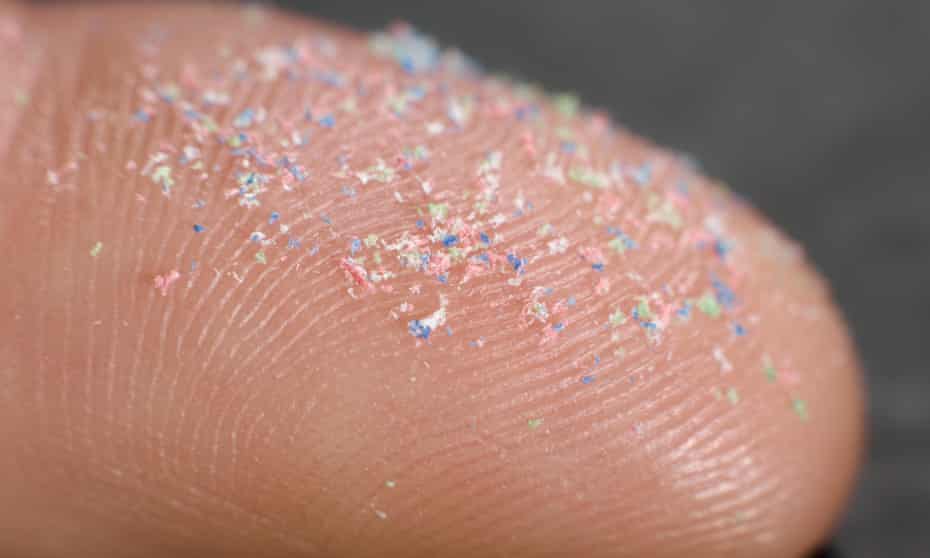The United Kingdom is falling behind international efforts to tackle the growing crisis of microplastic pollution, scientists have warned, as research continues to reveal the extent of contamination in ecosystems, food, and even human bodies.
Microplastics, tiny fragments created by the breakdown of larger plastic waste, have infiltrated every corner of the planet, from the peak of Mount Everest to the ocean’s deepest trenches. They have been discovered in human testicles, lungs, and brains, and in plants where they hinder photosynthesis. While the full impact on human health remains uncertain, emerging studies have linked microplastic exposure to strokes and heart attacks.
Despite the alarming evidence, experts say the UK is falling behind the European Union and the United States, where enforceable limits on microplastic levels in water and air are already being introduced.
“Microplastic pollution represents a complex, transboundary policy challenge with implications for environmental health, public well-being, and long-term economic resilience,” said Dr. Antaya March, director of the Global Plastics Policy Centre at the University of Portsmouth. “The fact that the evidence is still emerging should not be a reason to delay action.”
Scientists are urging the UK government to implement a comprehensive national roadmap, complete with measurable targets and timelines. They recommend prioritising interventions at the source of pollution and funding research to identify safe exposure levels and effective strategies, particularly in overlooked areas such as air quality and soil contamination.
Currently, the UK enforces a ban on microbeads in cosmetic products, but experts argue that this is not enough. They are calling for broader action, including design standards for clothing and textiles to reduce fibre shedding, and urgent regulation of high-emission sectors like agriculture.
One major concern is the widespread use of sewage sludge, rich in microplastics, as fertiliser on farmland, as well as plastic-based mulch materials contaminating soil.
“Microplastic pollution is an escalating threat with potentially irreversible consequences,” warned Professor Fay Couceiro, from the University of Portsmouth’s microplastics research group. “Without decisive action, the UK’s environment and global leadership will be compromised, with potential impacts to public health.”
In response, a spokesperson from the Department for Environment, Food and Rural Affairs said: “For too long, plastic has littered our rivers and oceans and threatened our wildlife. This must change. We are taking action to clean up our waterways to make sure it works for people and the environment.”
However, scientists say general statements are no longer sufficient. With the mounting evidence and global momentum, they insist the time for half-measures has passed. The UK must act decisively or risk being left behind in the race to protect both public health and the planet.



